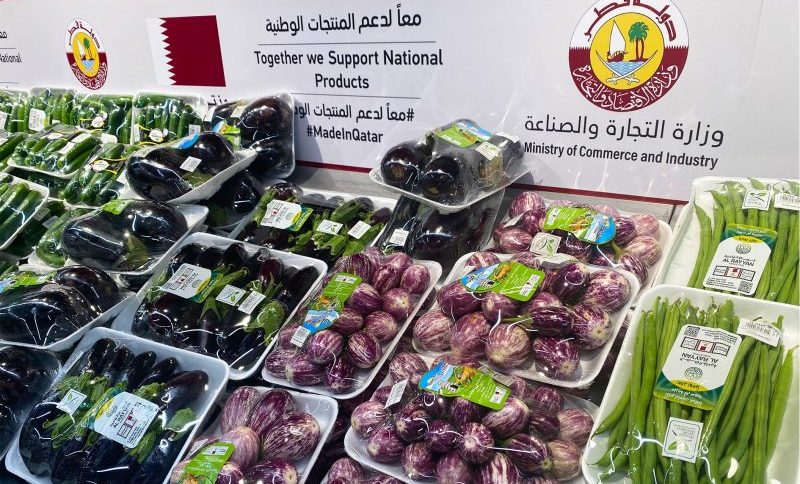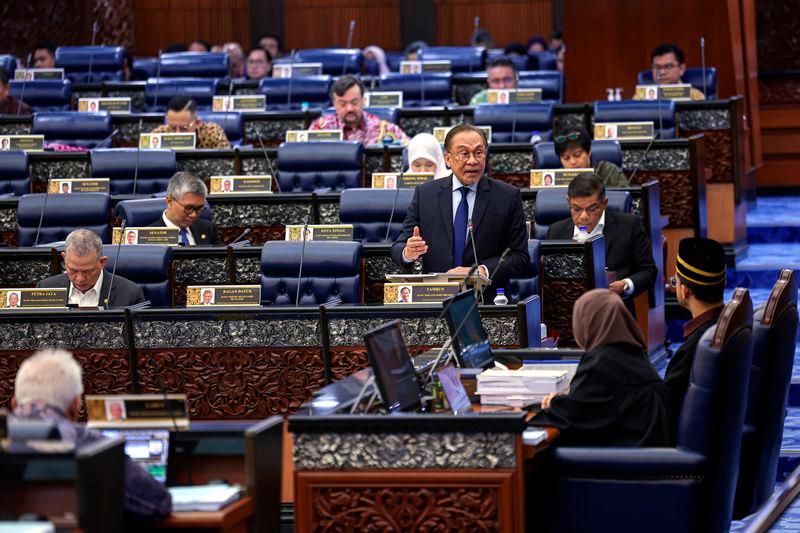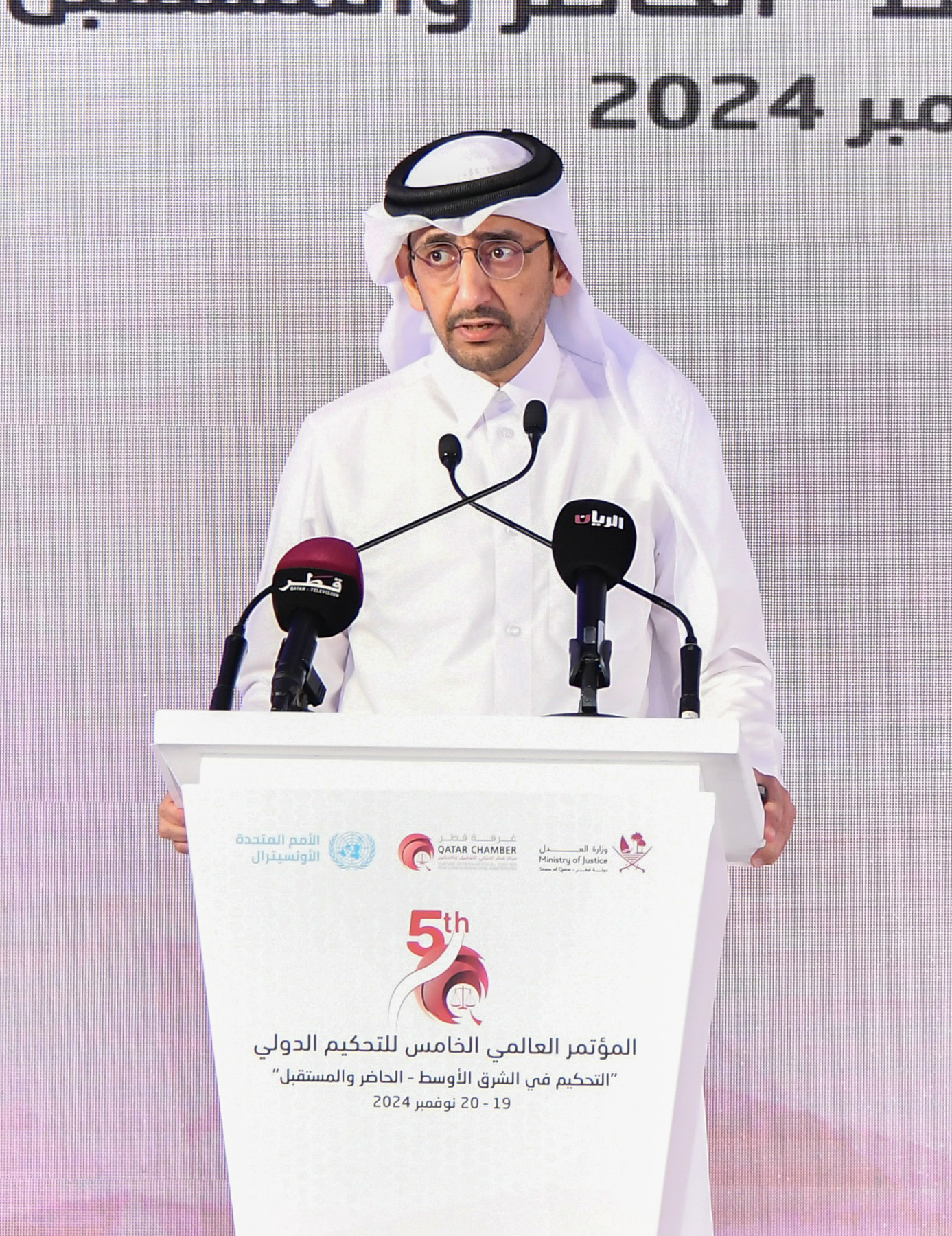The plan by the minstry focuses on increasing the efficiency of farming practices.
Authorities in Qatar are rolling out measures that would decrease the cost of production for local farmers to command competitive profits, a Ministry of Municipality official said.
Qatar has been heavily reliant on imported goods as local farmers find it challenging to keep-up with associated costs of farming and land management in an area with severe water scarcity.
The plan by the minstry focuses on increasing the efficiency of farming practices, optimising the use of land and water resources, and introducing advanced technologies and sustainable farming methods including better irrigation techniques. These efforts align with the country’s long-term vision of achieving food security and reducing its dependence on external sources.
“The plan is to help local farms adopt more water-efficient farming system to address the problem of water shortage which is one of the major challenges,” said Director of Agricultural Affairs Department at the Ministry of Municipality, Yousef Khalid Al Khulaifi.
Speaking on Qatar TV, he suggested the wider adoption of hydroponic water systems where crop roots receive a balanced nutrient solution in the form of an inert medium or substrate which is dissolved in water and contains all the chemical elements needed for growth.
“The biggest challenge for us in Qatar like other countries in the region is water because we depend usually on groundwater for farming. Rain is main source of groundwater, which has been recorded less relatively in the past few years,” said Khulaifi.
Apart from the growing environmental challenges, Khulaifi also notes the economic conditions that necessitate change.
“The prices of fertilisers also increased about 100 percent during the past two years. This is why the Ministry of Municipality is supporting local farms to cut their production cost to compete in the market with imported produce,” said Khulaifi.
The ministry had previously collaborated with Qatar University on an agreement to conduct a comprehensive survey and agricultural census.
From providing essential agricultural inputs to conducting surveys and implementing marketing programmes, the ministry’s efforts aim to enhance the sustainability and profitability of local farming.
This initiative enables the assessment of the production cost of agricultural produce and provides valuable data to inform policymaking and resource allocation.
The ministry also actively supports local farmers by providing essential agricultural inputs such as seeds, pesticides, fertilisers, greenhouses, irrigation networks, and marketing assistance.
But Qatar still faces fluctuations in vegetable prices during peak seasons due to large imports.
To address this issue, Khulaifi, emphasised the need for suppliers to focus on local produce, particularly during peak seasons, to stabilise prices and ensure reasonable returns for local farmers.
By creating a stable market for local agricultural products, the ministry aims to provide farmers with a fair and sustainable income in a bid to encourage their continued dedication to farming.







